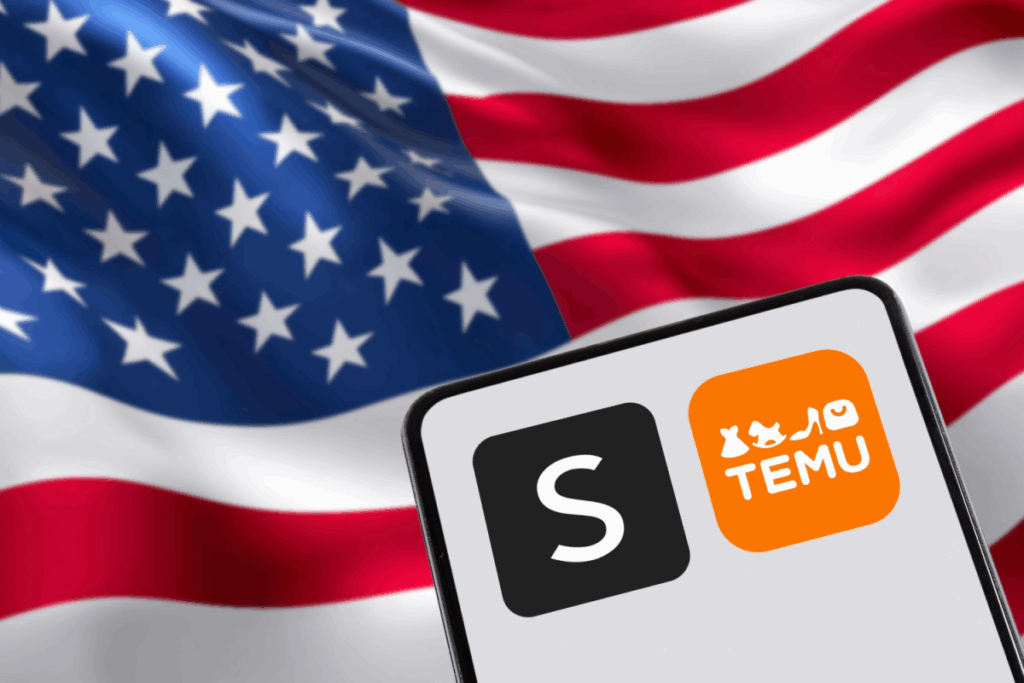End of Duty-Free Shopping for Low-Cost Imports
The Biden administration has moved to close a major trade loophole used by global e-commerce giants like Shein and Temu, eliminating the “de minimis exemption” that allowed duty-free entry for goods valued under $800. Originally scrapped for China and Hong Kong in May, the exemption will now end for all countries starting August 29. This regulatory shift is set to reshape how millions of low-cost packages enter the United States and could significantly raise prices for American consumers.
The executive order cites national security concerns, specifically the risk of “evasion, deception, and illicit-drug importation” through low-value shipments. While meant to address customs enforcement gaps, the new rule also delivers another blow to Chinese platforms that had relied on the loophole to keep costs low for US buyers. According to US Customs and Border Protection, nearly 4 million duty-free shipments were processed daily under this exemption — most originating in China or Hong Kong.
Shein and Temu Face Rising Pressure
Chinese e-commerce players had already begun adapting to regulatory tightening. Temu, a subsidiary of PDD Holdings, responded to the initial May suspension by announcing a shift in its logistics strategy, moving toward fulfillment via US-based distributors. Though Temu claimed consumer prices would remain unchanged, American buyers quickly reported price increases and widespread product shortages.
Similarly, Shein has stockpiled goods in advance and adjusted its shipping model to cope with longer-term changes. But with the end of de minimis worldwide, options to route packages through other countries like Vietnam have been cut off. This closes the last remaining workaround and could translate into higher operational costs and delayed deliveries.
Amazon’s Haul platform — a direct competitor to Temu and TikTok Shop that also ships from China — may also be affected. An Amazon spokesperson reiterated that the company “consistently offers the lowest prices” and aims to “continue to meet or beat prices versus other retailers,” but acknowledged the potential for pricing disruptions.
Impact on Consumers and Importers
The elimination of the exemption affects not only online platforms but also American shoppers who have become accustomed to buying inexpensive goods from abroad. With the new tariffs in place, import duties could rise substantially depending on the origin country. The White House estimates that shipments from countries with a tariff rate below 16% will face $80 per item, rising to $200 for those above 25%.
Retailers are expected to pass some of these costs on to consumers. According to a joint study by researchers at UCLA and Yale, nearly half of the duty-free shipments under the previous rule went to ZIP codes in the country’s lowest income brackets. These consumers are likely to feel the greatest burden as prices climb on platforms like Shein and Temu.
Chris Tang, a professor of global supply chain management at UCLA, stated that “by imposing [the rule] for the whole world, there is no other workaround.” He emphasized that the cost of restocking US warehouses will eventually rise, even with bulk shipping.
A Broader Trade Strategy Unfolds
The repeal of the de minimis exemption is part of a broader strategy to recalibrate US trade relationships and increase oversight of cross-border e-commerce. Trump’s “Big Beautiful Bill” had already called for the rule’s repeal by 2027 and introduced a $10,000 civil penalty for multiple violations. By advancing the timeline, the administration is positioning the change as an immediate response to long-standing concerns over national security, trade imbalances, and unfair market competition.
A federal trade court recently declined to block the repeal for Chinese goods, citing an ongoing lawsuit addressing broader tariff issues. With legal challenges pending and economic repercussions just beginning, both global sellers and American buyers are bracing for a new era in online shopping — one where the true cost of cheap goods is no longer hidden by customs exemptions.



